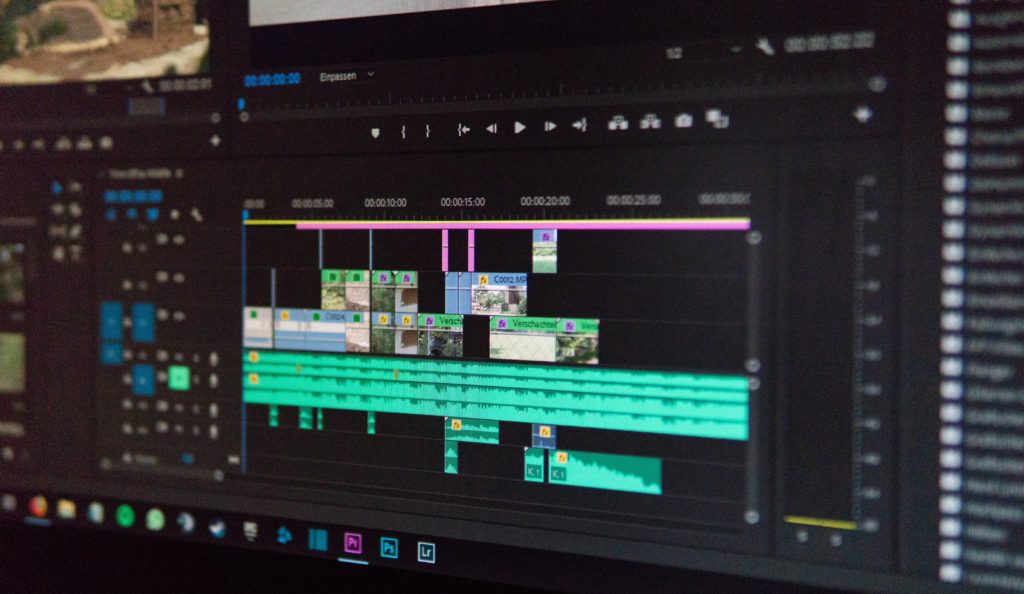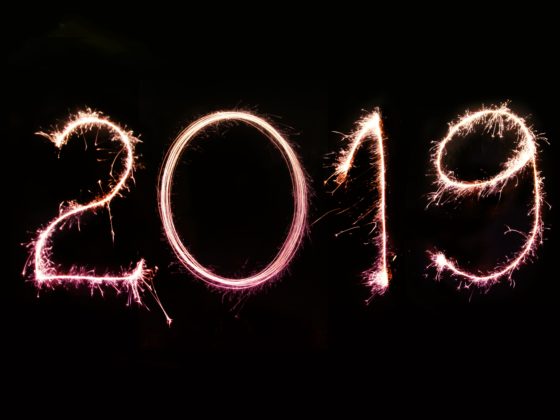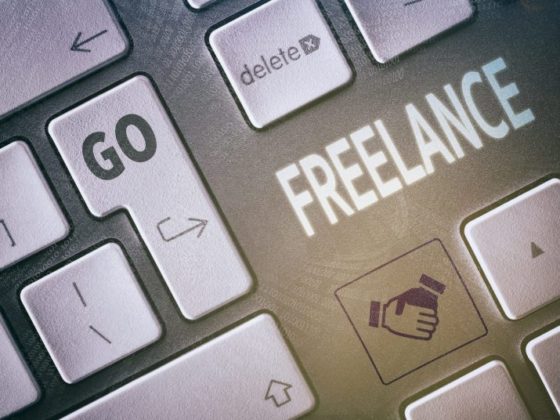“It’s the editor who orchestrates the rhythm of the images, and that is the rhythm of the dialogue, and of course the rhythm of the music. For me, the editor is like a musician, and often a composer.” – Martin Scorcese
In the video industry, everyone knows the edit can make or break a project. You can hire the best production team in the world, but if your editor doesn’t understand both the technology and the art of editing, you’re out of luck. A bad edit can leave a viewer cringing and can cost more in re-edits than it’s worth.
So, what can you do to make sure you’ve hired the best of the best to edit your latest piece? I chatted with professional freelance editor and longtime Crew Connection Crew, Jeff Drake, about his vast career and what he believes makes an excellent editor.
The Vision
“When I first saw Avid Media Composer, I knew non-linear editing was what I wanted to be doing.” Drake’s editing journey began when post-production meant using tape machines and a switcher. The introduction to editing software was a complete game-changer for his career. “It allowed me to be faster and more creative and inspired me to constantly learn new technology in order to elevate the level of my work.”
That level of elevated work has allowed Drake to be fortunate enough to edit for major companies like ESPN, Wells Fargo, Toyota and Victoria’s Secret, to name just a few. His experience, accompanied by his humble and professional approach, is what sets him apart from amateur editors who may understand the technology, but not the business of editing. “Most directors and producers have a vision and it’s my job to fulfill that vision first. I always aim to bring something to the table and make the final project better than the client anticipated.”
The Business
Putting one’s artistic ego aside and focusing on delivering the client’s vision isn’t always easy, but it is a paramount trait in a sought-after editor. Creative personalities can often clash, but Drake believes forcing his perspective on a client is the opposite of what he’s been hired to do. “I will defend my creative decisions, but only once because I want the person paying the bill to be really happy with how the project turns out.” In the end, he’s been hired to make the post-production process easier for the client. It isn’t personal.
Another way he manages to keep such a professional rapport with his clients is by working as a contractor, instead of an in-house editor. Drake reveals that working with various clients away from the office is one of the biggest benefits to his work. By staying out of office politics and avoiding distractions Drake says he can focus all his energy on delivering an excellent product. As a contractor, he can also bring a fresh perspective that sometimes in-house editors can’t provide.
The Final Product
Working behind the scenes can make it difficult for people to understand the artistry that goes into editing a project. “Editing is creative control of the structure, pacing, and tone of any piece, no matter how complicated or simple.” Additionally, a solid editor can work with powerful tools to manipulate mediocre images, improve audio or design motion graphics from a simple idea.
“I think editing is the single most important contribution to the overall feel and success of a project but, of course, I’m biased.” Drake may be joking, but this is the level of commitment and skill you want your editor to have. You want to trust your editor is giving 100% percent to seeing your vision succeed. That’s what separates an excellent editor from the rest.







